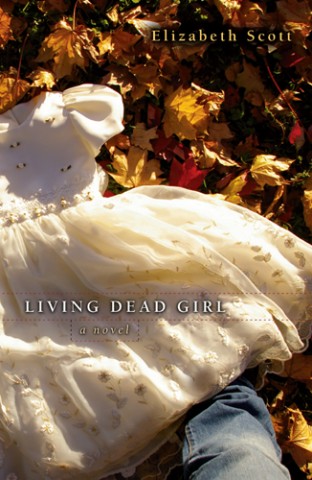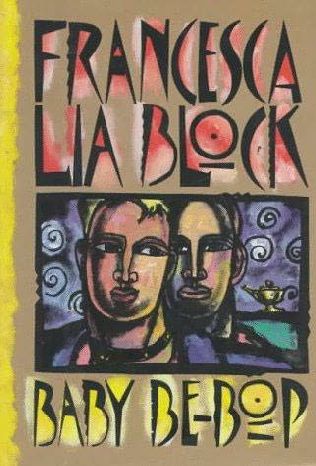Title: Living Dead Girl
Author: Elizabeth Scott
Not to be confused with: the Rob Zombie song of the same name.
Challenged in: Effingham, Illinois at the Helen Matthes Library, 2009
For: graphic content, unsatisfactory ending
Status: Retained despite challenges
I’d heard of this book before, from librarians talking on a YALSA listserv about how much it disturbed them, so I can’t say I’m surprised it’s on this list. If librarians have trouble with a book emotionally or psychologically, it’s probably that the general public also will. I think challenges aren’t always negative for the library, since it does show that people care and allows for a conversation about books and why books are chosen for the library. I’m happy that this book was retained even though I also found it very, very disturbing, the kind of book that puts images in your mind that will probably never be erased. And, yes, that’s not happy or enjoyable, but that doesn’t mean it’s not worth having in the library. Books aren’t just for entertainment. Here’s a brief plot description:
The story is told in a sparse, stream-of-consciousness from the point of view of Alice, or at least a girl who thinks of herself as Alice. Alice is not her real name, and there was at least one Alice before her. She was abducted at the age of 10 by Ray, a clever and abusive pedophile who claims that if she ever escapes or disobeys him, he will kill her parents. Now Alice is 15 and knows she is getting too old for Ray, that he’ll kill her soon and find another girl. And she can’t wait. Death is the only thing she looks forward to now. But then Ray recruits her to find her own replacement, which seems to shake her world view and her implacable desire to die.
The descriptions of Ray’s abuse, though brief and often described obliquely, are haunting. More so, Alice’s attitude towards her situation, the way she has all but given up her own identity, the way she has internalized many of Ray’s behaviors. This is not the way we want to see ourselves. We want to believe that, were we in that situation, we would fight back, orchestrate some kind of dramatic rescue, protect innocent children from being abused as we had. But Alice most often responds in the way we would actually act in such a situation: with only survival in mind. She willingly, almost eagerly accepts her role, coolly calculating which children will be the easiest to abduct, which will most satisfy Ray’s perverted desires. She acknowledges that it’s not the “right” thing to do, but admits that she will do anything to be free of Ray, even if that includes dying or hurting someone else.
So, yes, I wouldn’t recommend this book to younger teens or anyone so sensitive and impressionable that it would immobilize them through fear or depression. Some people really can’t take reading this kind of book, but I think it’s message is an important one for anyone who can stomach it. And, yes, the ending is not filled with hope. Though her situation changes, Alice doesn’t live happily ever after. And I think that’s important too.

